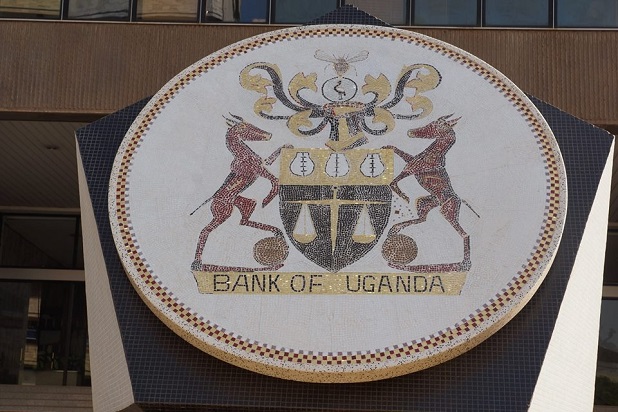Kenya
Kenya’s Court of Appeal has dismissed an appeal by beer maker East African Breweries Limited (EABL) challenging a law passed a few years ago requiring health warning messages to beer bottles, Daily Nation reports.
It said it saw nothing wrong with the law because there is need to protect consumers of alcoholic beverages according to the provisions of Article 46 of the Constitution.
“We, for ourselves, see no violation of rights when the producer, seller or user of an item or substance that is potentially harmful to other persons is required to carry or exhibit a warning and a caution for the benefit of the persons likely to be affected,” Justices Roselyn Nambuye, Patrick Kiage and Otieno Odek ruled.
The court upheld a decision of Supreme Court Judge Isaac Lenaola (then High Court Judge) dismissing the case by EABL arguing it did not have merit and said the judge didn’t err in rejecting the invitation to rule on the percentage area on bottles required for the message.
They said that courts do not by nature have the expertise and resources required for detailed examination of legislative policy and how the same translates into actual statutes.
Further, the judges dismissed claims that the law was passed without consultations stating that there was evidence of consultations by the National Campaign Against Drug Abuse (NACADA).
In the case, EABL had challenged the constitutionality of Section 32 of the Alcoholic Drinks Control Act 2010, which requires a manufacturer, importer, seller or distributor of an alcoholic drink, to ensure that every package has at least two of the health warning messages in English or Kiswahili.
It was the beer maker’s argument that the requirement will significantly diminish the brand name, value and identity, all of which constitute a significant part of its intellectual property.
The company said the move amounts to a violation of its right to property as enshrined under Article 40 of the Constitution.
EABL had accused Justice Lenaola of failing to appreciate that they were not objecting to health warning labels and indeed they had always been willing to abide by reasonable and proportionate requirements.
However, the contention was that the judge failed to find that the health warning label prescribed under the provision was a form of compelled speech and thus unconstitutional.
EABL argued that the said section violates Article 24(1) of the Constitution to the extent that it purports to limit its fundamental rights and freedoms.
It was their argument that Parliament did not engage in any serious sustained comparative study on the efficacy of such health warning labels before passing the law.
On its part the NACADA said the provision had the overriding purpose of protecting the public “socially, health-wise and economically” and it would be wrong to agree with EABL, which sought to override for the sake of its commercial capitalistic interests.
NACADA further said beer drinkers had a fundamental right to access products protective of their health and other interests, and under Article 46(1)(b) a right to information necessary for their full awareness.
The court heard that providing a clearly legible health warning message on an alcoholic bottle has been proven to psychologically impact positively on the society and in the long-term assist in curbing abuse of alcohol.
NACADA dismissed what they termed as a claim with “unbacked by evidence” by EABL that the labelling would cost the company an estimated Sh880 million to replace its entire bottle-labelling equipment.





